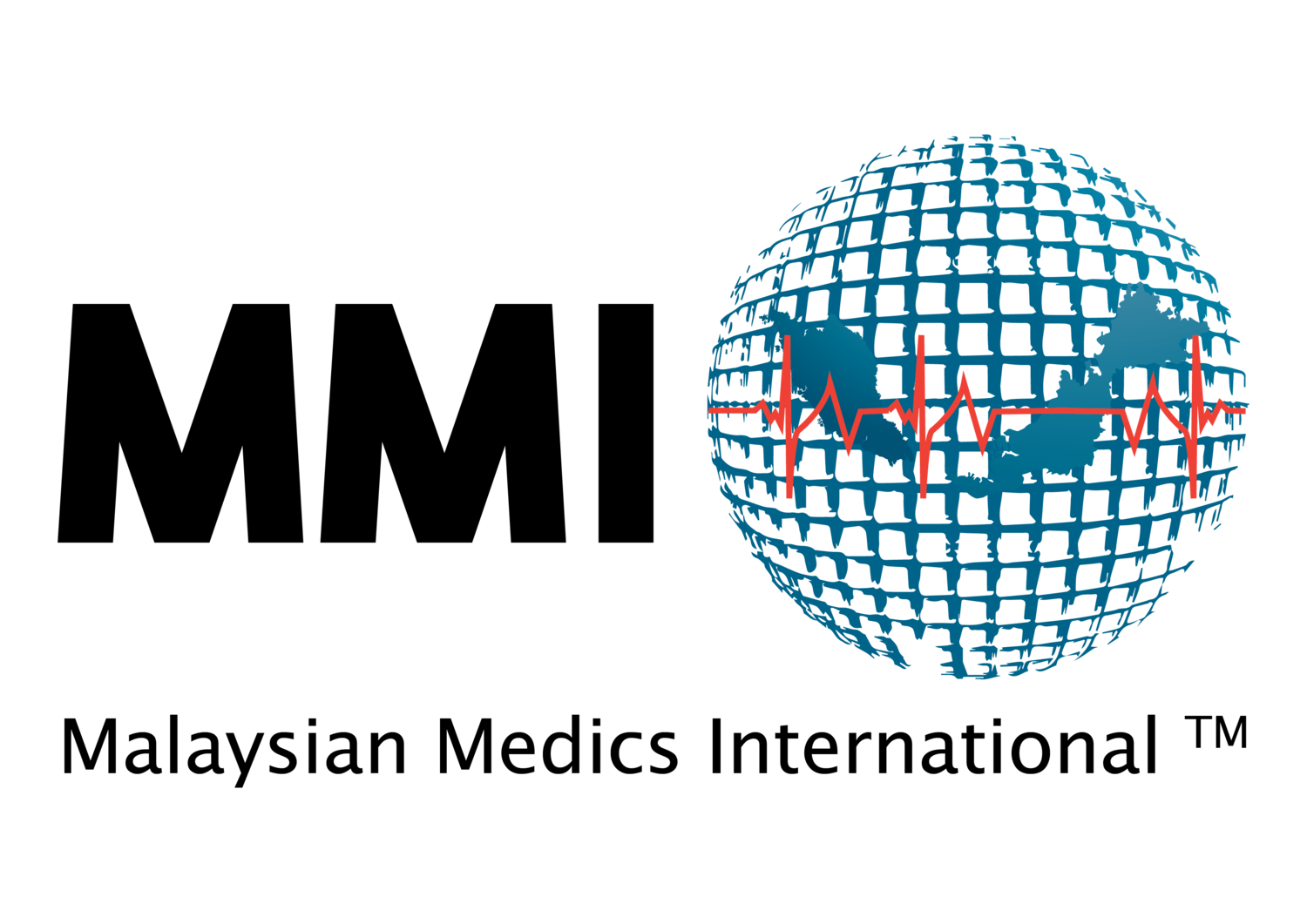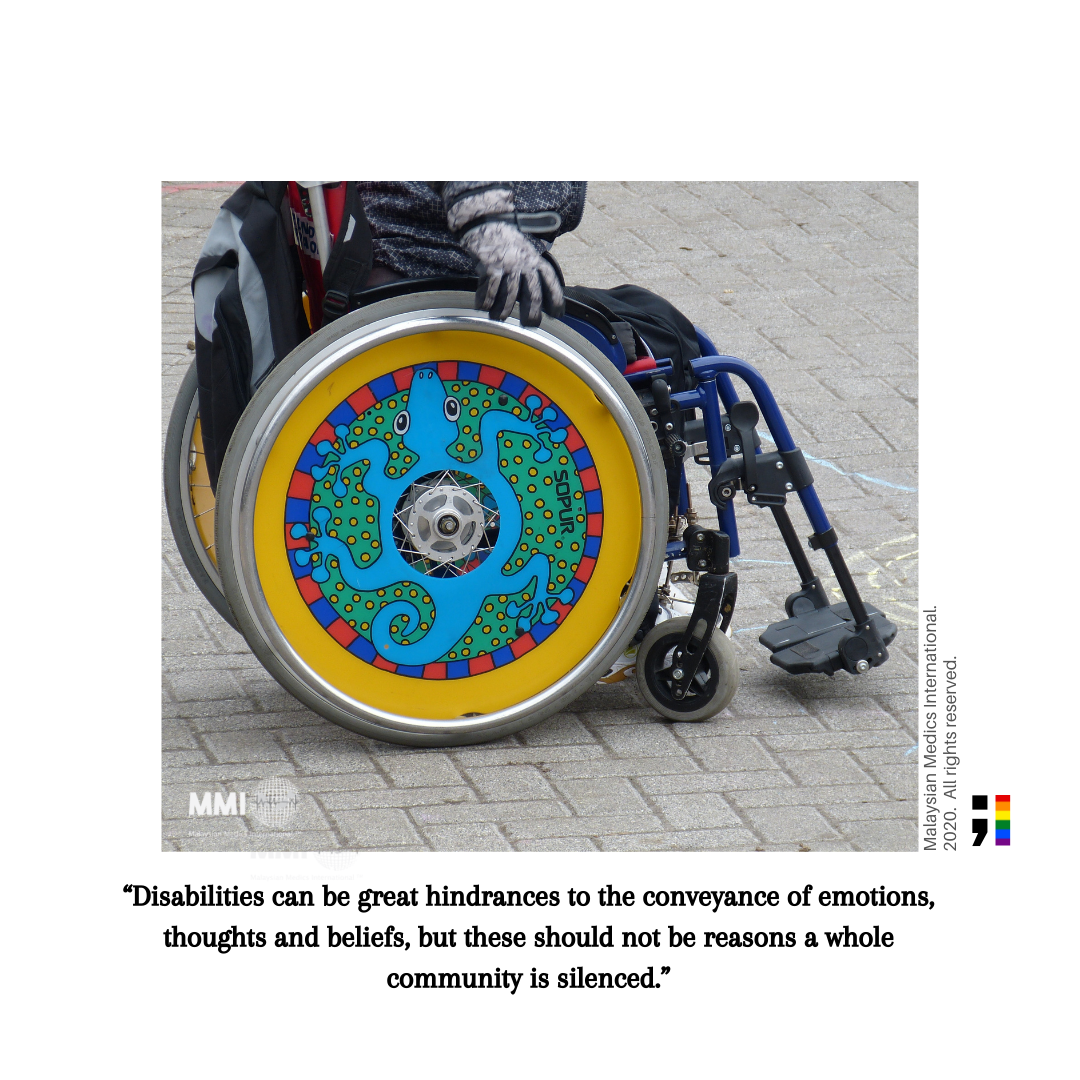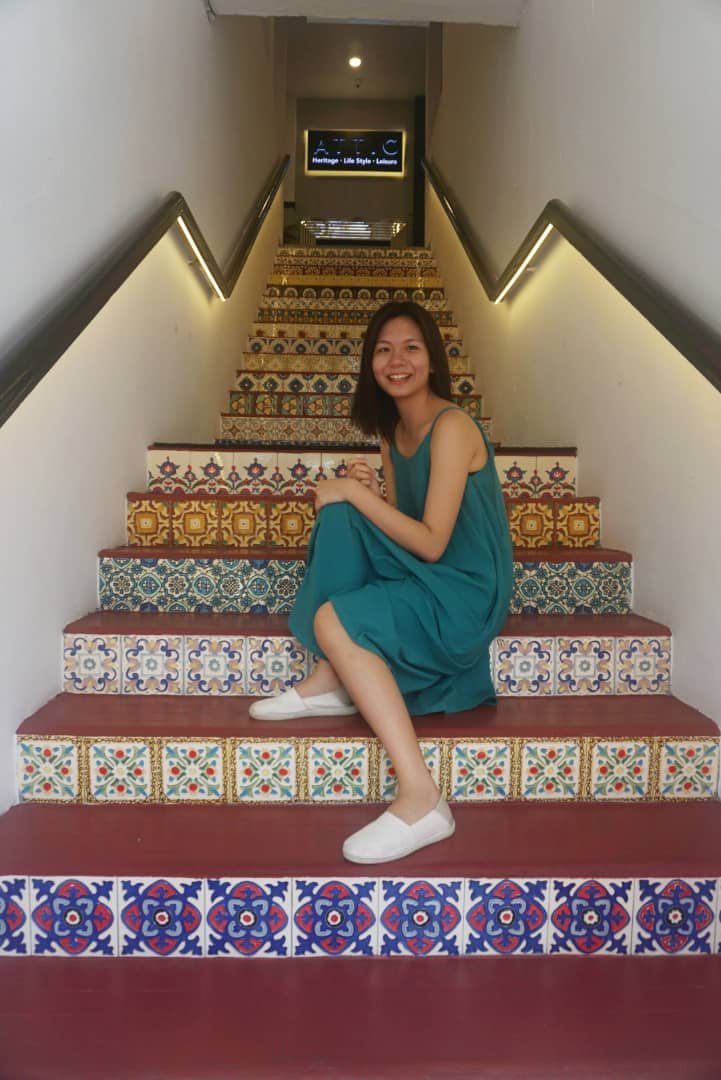“Disabilities can be great hindrances to the conveyance of emotions, thoughts and beliefs, but these should not be reasons a whole community is silenced.”
Humans of Medicine #40
“Disabilities can be great hindrances to the conveyance of emotions, thoughts and beliefs, but these should not be reasons a whole community is silenced.” - Dr Antonia
This publication is in conjunction with the Healthcare for All campaign under the MMI Diversity and Equity Initiative. Information regarding the project can be found at @mmi_social on Instagram.
The least one would expect from a center for children with special needs, is that the staff members are equipped with adequate knowledge to deal with emergency situations. Yet, having worked at the center proved otherwise.
I was in my second year of medical school when I decided to take on a part-time job at a unit for special needs children. I thoroughly enjoyed teaching them, and was always coming up with new methods of conveying information to make sure I was getting through to the children. Pictorial representations always did the job, and I was happy to be able to connect with the children. I was young, passionate and naïve, cradling high hopes that we live in a progressive society with enough awareness towards disabilities health. However, the harsh slap of reality revealed how unprepared we were to receive the disabled community, as were the teachers and volunteers who froze in panic when a special child broke into fits of seizures.
Being in that situation made me realize that despite all the talk about health equity, we still shy away from actual efforts to better care for the disabled. To ask the basic question of “Do you know sign language” could easily send many heads shaking. Little do we understand that in order to break the stigma, we have to break the barrier of communication between ourselves and the disabled community. Disabilities can be great hindrances to the conveyance of emotions, thoughts and beliefs, but these should not be reasons a whole community is silenced. In championing health equity, we seek to empower disabled persons with the right to full health potential, but this cannot be achieved without us understanding their true needs. Sign language and drawings aside, the most powerful mediums of communication will always be patience and respect. It is through both these elements, where trust will be built, and connection finds its way.
“You’re not in my situation, how do you know what I’ve been through?” will always be a piercing reminder for me to be mindful in the practice of empathy. When I first started my clinical years, I was preoccupied with the mindset that words would suffice in providing comfort. Oblivious to how insincere my consolations sounded, I was telling my patients how I could relate to their sufferings, until the question forced me into a period of re-evaluation. I then recognized how superficial and convenient my reassurances were, and how unhelpful they sounded to patients in agony. Empathy is nothing like sympathy, it requires one to go the extra mile in making someone else feel safe. Individuals with disabilities can be vulnerable, and this makes viewing the world through their perspective important in order to make them feel comfortable. Work towards establishing trust and identifying their needs, it might take time, but I assure you that it will be worth it at the end of the day.
When you’re a doctor, it naturally makes you an advocate for disabilities health. Yet, the misconception that healthcare providers should be the sole advocates for disabilities health is a hurdle we have to overcome in the process of attaining health equity. Greater work has to be put in to educate and eradicate stigmas surrounding disabilities. It could be through social media platforms, campaigns or creating a more disabled-accessible environment. The saying goes that how society treats its most vulnerable is the measure of its humanity. As long as the responsibility of improving the welfare of the disabled community is distributed equally throughout society, we can achieve the heights of humanity.
About the author
(Interviewed and written by Ooi Zhanwei. Zhanwei is a second year medical student at SEGi University with a crippling addiction to tetris. If not seen matching up blocks to make them disappear, she can be found cracking dad jokes in an attempt to impress (miserably).
Consent has been obtained from the interviewee for the purpose of this publication. The author has rewritten the article with permission from the interviewee.
Humans of Medicine is a new initiative under MMI. We tell inspiring stories behind portrait shots of our everyday unsung heroes. Curated by Malaysian medical students from home and abroad.
If you have a story you would like to share, please reach out to us at admin@malaysianmedics.org.


